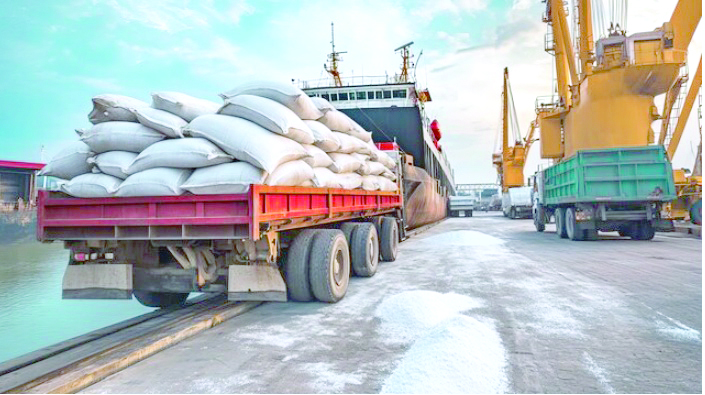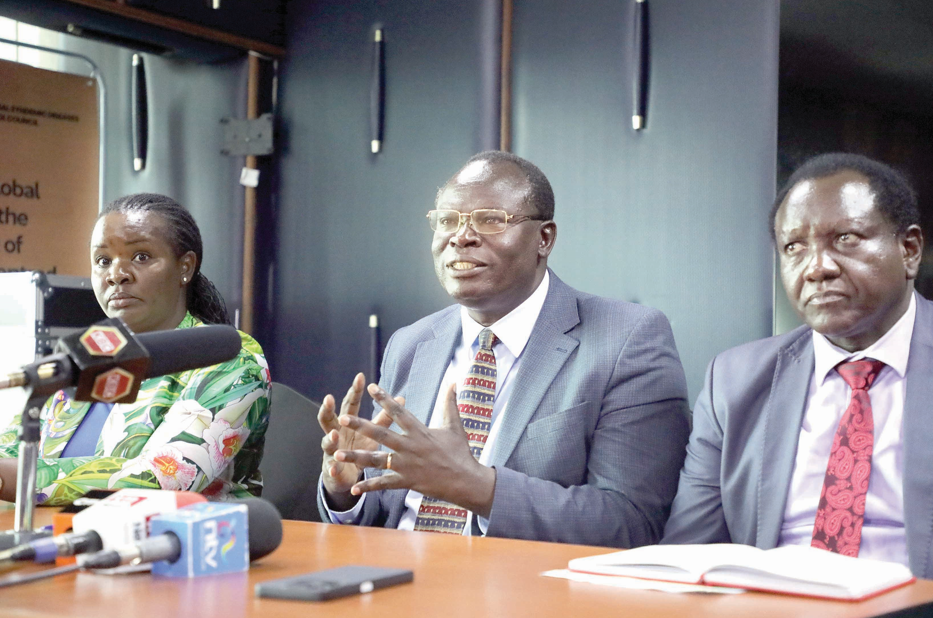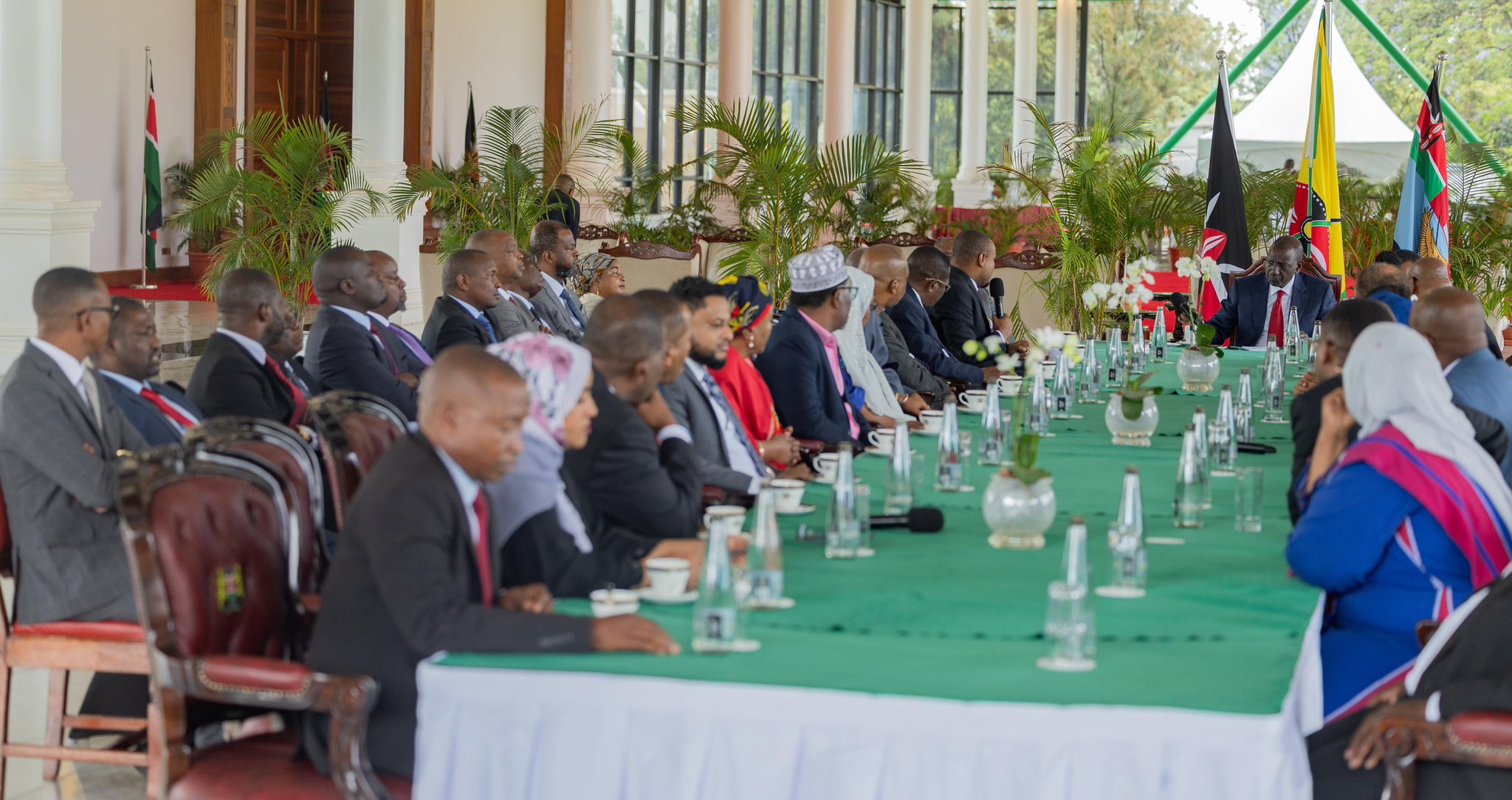Kenya Bureau of Standards (Kebs) has renewed push for supermarkets that brand sugar under their own names to disclose the sources of the product.
Kebs officials led by Managing Director Esther Ngari observed that supermarkets that sell sugar under their own brands, do not have the ability to prove their origin, raising questions about their quality and compliance with Kenyan standards.
The standards regulator is now seeking a change in the sugar industry sales and trade regulation policies to ensure transparency and accountability in the food supply chain.
Specifically, it wants supermarkets to include the name of the sugar supplier on the packaging so that the origin of the sugar can be easily traced.
“This is important for ensuring quality control, as it would allow authorities to investigate the source of the sugar in the event of contamination or other quality issues,” Ngari said.
The Kebs boss was speaking during a meeting with traders and Kenya Sugar Millers Association (Kesma), farmers reps and sugar industry leaders at a Kisumu hotel. About two years ago, claims such as mercury contamination of sugar was reported to have affected one of the sugar mills, in South Nyanza, Kebs officials noted.
The push for changes in packaging comes amid growing concerns by sugar manufacturers and cane farmers about the traceability and authenticity of the sugar being sold in some of the supermarkets. This is, especially when those stores do not have their own manufacturing plant or facilities for sugar production.
Stephen Ligawa, Kesma chief executive and Kebs Regional Manager Lake Region Caroline Outa who graced the event also reinforced the Keb’s stand.
They noted that Kebs move responds to concerns raised by local sugar millers and farmers, who worry that supermarkets may be reportedly sourcing sugar from external suppliers, potentially including imported sugar.
“This situation could lead to an oversupply in the market, undermining local sugar producers, causing price instability, and making it difficult for farmers to sell their sugar at competitive prices,” said Ligawa.
Kesma CEO said importation of sugar into the country can flood the market, causing a glut that depresses the prices of locally produced sugar and further harms the livelihoods of local farmers.
“We support Kebs as millers because pushing for the inclusion of the sugar supplier’s name on packaging, Kebs hopes to ensure that consumers can have confidence in the quality of the sugar they purchase,” explained Ligawa.
This traceability would help authorities quickly respond to potential health risks or quality issues, and it would provide greater transparency regarding the source of the sugar, making it easier to identify whether it is locally produced or imported.
“This is not only a regulatory issue but also one that impacts the broader agricultural and economic ecosystem in Kenya. If implemented, it could strengthen local sugar markets and support the livelihoods of Kenyan farmers and sugar millers,” Ligawa said.
He claimed there exist a legal window that was being exploited by the traders in the East African market trade under the Common Market Protocol.
The sugar trade laws currently allow manufacturers or supermarkets the flexibility to pack and brand products, including sugar, under their own names in the East African region.
Kesma told the officials of Kebs that the sugar East African trade policies must be reviewed to effect its demand because it says the last person who packs product can brand in its name either the manufacturers or traders.
Kebs is now advocating for a policy review to change this clause that gives traders the leeway to package and brand in their name.
However, Ligawa said this is a clause in the East African market trade policy affecting Kenya, adding: “They will have to initiate East Africa policy change.”

















